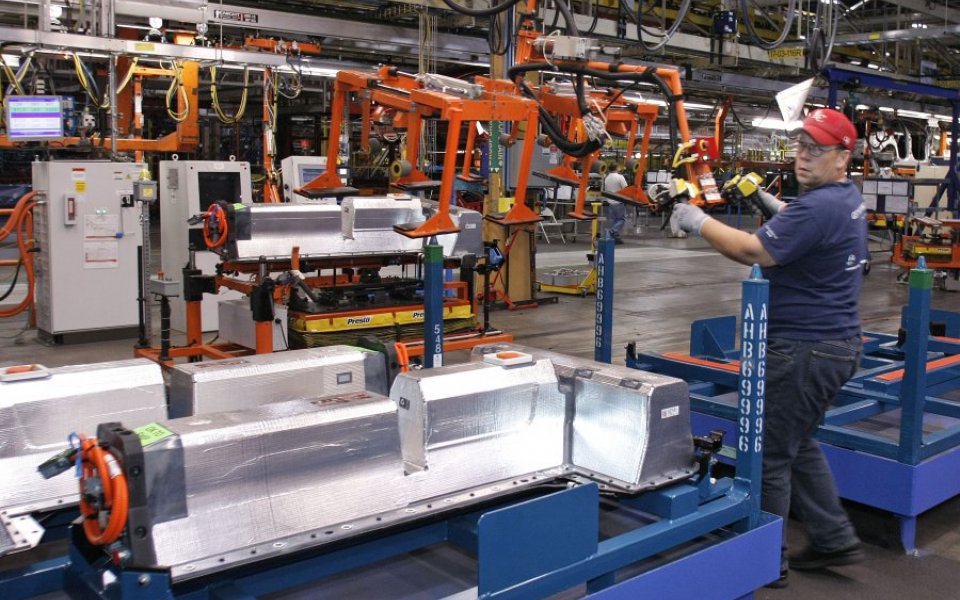UK manufacturing shoots up for start of 2016, with business survey figures reporting a three-month high

The UK's manufacturing industry has had a positive start to the new year, although experts have warned of challenges in the current marketplace.
Markit's most recent purchasing managers' index (PMI), which was released today, reached a three-month high of 52.9 for January, up slightly from 52.1 in December.
Rob Dobson, senior economist at Markit, said:
"The UK manufacturing sector registered an uptick in its rate of expansion at the start of 2016, shrugging off a number of potential headwinds, ranging from global financial market volatility to localised flooding in the north of the country."
Read more: British car manufacturing driven up in November
However, David Noble, group chief executive at the Chartered Institute of Procurement & Supply, which co-produces the index, added:
"Though the PMI survey has generally signalled growth of production and new orders through much of the past three years, January also saw respondents cite increased competition, challenging exchange rates and a more difficult marketplace as factors making it increasingly difficult to win new contracts and protect margins hard won in recent months."
The survey showed that manufacturing production had also grown during the month, with the rate of expansion in output hitting a 19-month high, largely driven by domestic demand.
Read more: UK manufacturing in terminal decline warns trade body
However, levels of new export orders had tailed off into decline, and companies blamed lower overseas sales on heightened competition and an unfavourable exchange rate with the euro.
In addition, levels of work-in-hand but not yet completed fell at their sharpest pace for four months during January, indicating that at least some of the promising production figures could be explained away by firms fulfilling backlog.
The survey also held bad news for those looking for a job in the sector, as employment dropped for the fourth time over a six month period and at its fastest rate for almost three years.